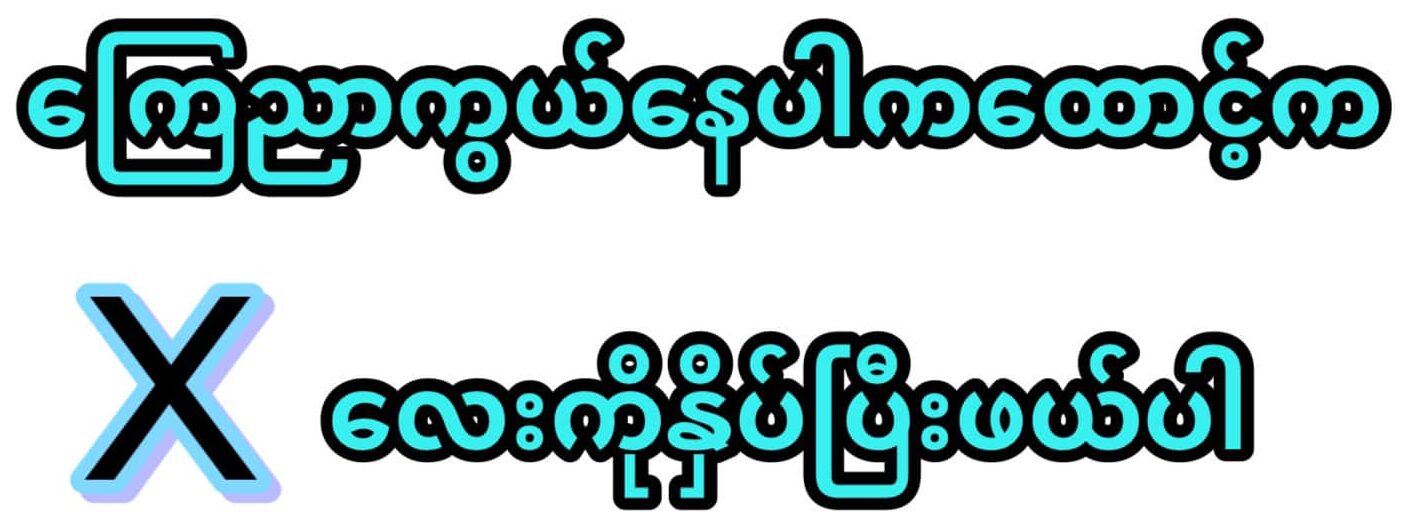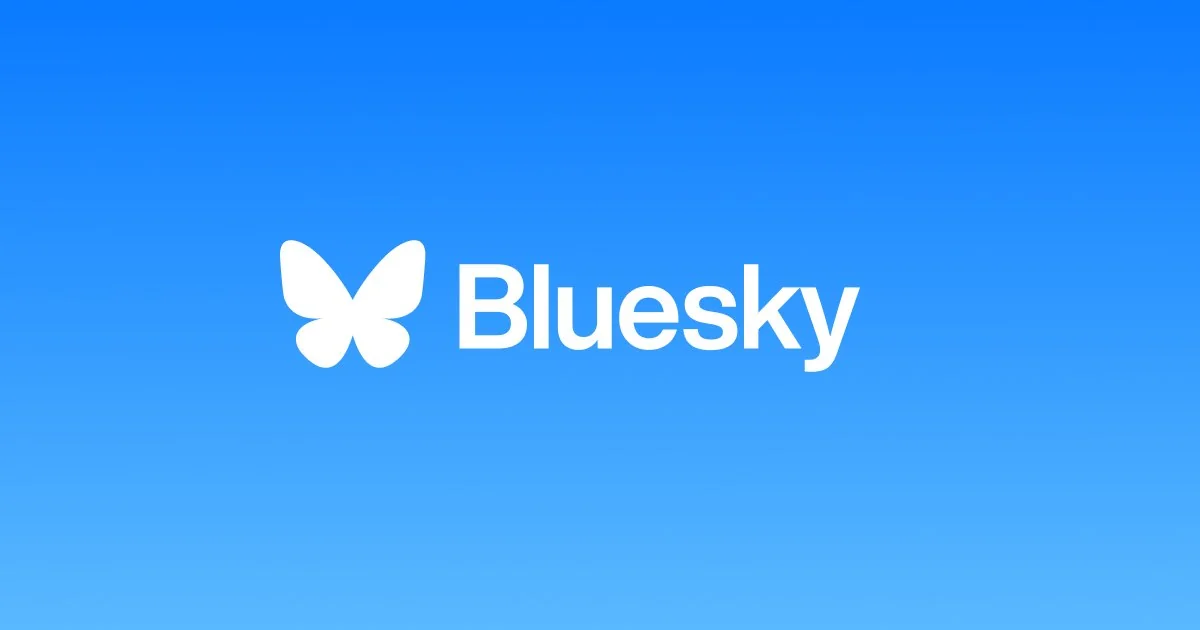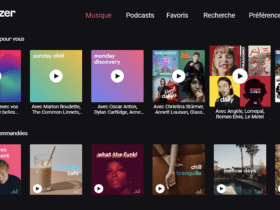On Tuesday, Bluesky, a decentralized competitor to Twitter and X, made an announcement regarding the open sourcing of ozone. This utility enables teams and individuals to collectively assess and annotate content on the network. Later this week, the organization intends to enable teams and individuals to operate their own moderation services independently. As a result, users will have the option to sign up for additional moderation services in addition to the one that Bluesky offers by default.
Bluesky stated in a blog post that the modification will grant users “unprecedented control” regarding their social media experience. In order to realize its vision of a modular ecosystem of services for moderation, the organization will permit users to implement filters from external moderation services in addition to the ones already required by Bluesky. Consequently, patrons will have the ability to design an experience that is precisely suited to their inclinations.
Someone might, for instance, develop a moderation service that restricts access to images of spiders on the network. Individuals who experience a leap of fright when they encounter spiders may wish to install the moderation service, which would remove all labeled spider images from their feeds.
The blog post states, “A single team will never achieve perfection in moderation and curation for the entire world, given the vast diversity of contexts, cultures, and preferences.” “Therefore, we are ecstatic to announce the launch of an ecosystem that will enable local context experts, developers, and users to contribute their own content, which you can subscribe to in addition to Bluesky’s moderation service.”
The moderation service filters will initially be accessible via the desktop version of Bluesky, with mobile compatibility to follow shortly.
Installing filters from independent moderation services, according to Bluesky, is equivalent to following another account. Users will be able to report content through moderation services; for instance, if they encountered an unannotated image of an arachnid, they could notify the service.
While Bluesky does offer the functionality to manage a mute list or block list that can be subscribed to by other users, this feature is frequently associated with a single account. This limitation hinders collaborative efforts and can become burdensome if users begin to tag you directly. Additionally, in contrast to block lists, which only permit the addition of accounts, Ozone permits the labeling of particular postings.
Those teams and individuals who establish a moderation service will be granted access to a reporting queue, thereby eliminating the necessity for direct tagging by others. Administrators of moderation services will have the ability to assign and control the behavior of custom identifiers. Moderation services are not associated with specific accounts, allowing for their joint management by numerous individuals.
Bluesky observes that moderation services will almost certainly begin as community-operated initiatives, but alludes to the fact that “paid subscribers are not an impediment for moderation services.”
The repository for the open source tool on GitHub is accessible at this link.









